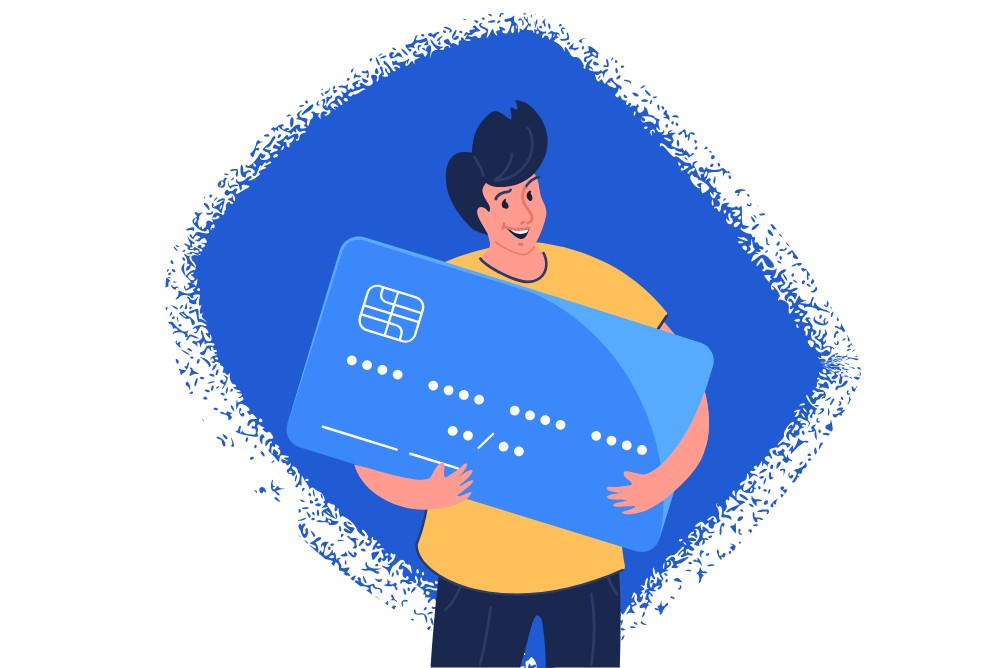Is debt consolidation an effective way to get out of multiple debts?
Overview
If you are carrying multiple debts and intend to have a better financial future, then you need to think about consolidating your debts. Debt consolidation is the process of consolidating several loans into one bigger loan. Hence, it means taking out a new credit card or loan to pay off any previous loans or credit cards. Analyse and you might also get better terms for payback, including a lower interest rate, a smaller monthly payment, or both.
Here is how to determine if debt consolidation makes sense for you and how to proceed if it does.
How Debt Consolidation Works?
There are a few essential ways you might turn existing debt into new debt. These include taking a new home equity loan, or a new credit card with a sufficient credit limit, or a new personal loan. Use the new loan to pay off your previous smaller ones.
For example, you can move the balances from your old credit card to your new one, if you use the latest credit card to pay off existing debt. Some credit cards that transfer balances even include bonuses, including a temporary 0% interest rate on your balance.
What are the probable Perils of Debt Consolidation?
There are certain drawbacks to debt consolidation as well. One reason is that obtaining a new loan may somewhat lower your credit score. Wondering how debt consolidation affects your credit score? Learn more in our detailed post: Does Debt Consolidation Hurt Your Credit?
Quite possibly, the method you choose for debt consolidation can increase your total interest expense. You will pay extra in overall interest if you take a fresh loan with lesser monthly payments but a longer repayment tenure.
A debt consolidation company is another resource you can use. However, they may impose high upfront and recurring costs. Using a low-interest credit card or a personal loan from a bank, consolidating debt on your own is typically less expensive and easy.
Types of Debt Consolidation Loans
To combine your debt, you have the choice to use credit cards or other loans of various kinds. The perfect option for you in such a situation will depend on your current financial status. The other factors that can influence your choice would include the terms and kinds of your existing debts, and both.
There are two chief groupings of debt consolidation loans: “secured and unsecured”. Secured loans are supported by assets, which acts as a “collateral” such as your house.
Conversely, unsecured loans are not collateralized and may be more challenging to obtain. They usually feature higher interest rates and smaller qualifying amounts.
When taking any loan, prioritize which bills you would pay off first. Often, it makes sense to begin with the debt with the best interest rate and then later lower ones in the list.

Consolidating Your Debt and Your Credit Score
One of the benefits of a debt consolidation loan is that you can raise your credit score over time. A higher credit score will help you get eligible for better interest rates and approval from creditors. You should be able to pay off the loan more readily once you lower your regular payments.
You can reduce your credit utilization ratio (the ratio of how much you owe monthly to the total amount of debt you can access). Nevertheless, refinancing an existing debt into a new one could lower your credit score. Older debts with longer payment histories are given preference by credit scores.
The Bottom Line
While reducing your overall interest burden, debt consolidation can be a potent strategy for paying your debt fast. If you are having trouble keeping up with several obligations, Christian debt consolidation may be a great answer. It facilitates debt relief options and makes a new consolidated loan less expensive thereby assisting you in times of financial crisis. Looking for more ways to manage your debt? Check out our guide on How To Get Out Of Debt: Know the Top 6 Best Ways.

